Troubleshooting Common Plumbing Problems: What To Do And When To Call A Professional
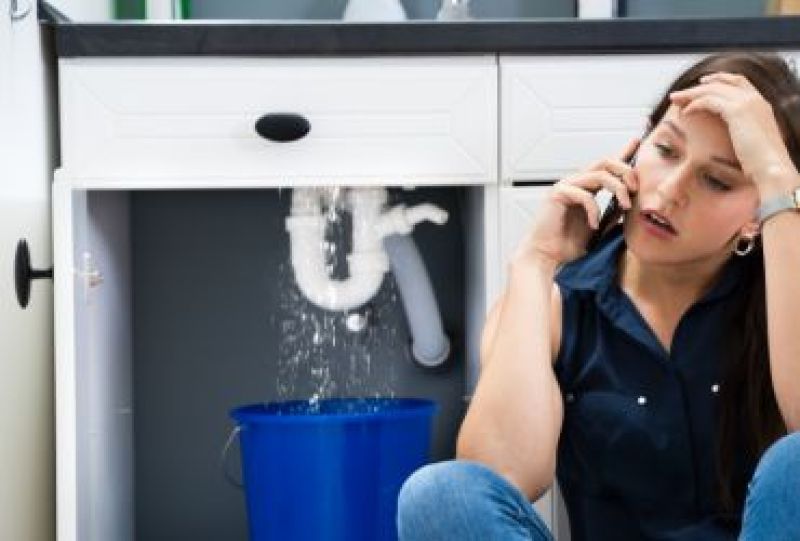
We know that plumbing problems are every homeowner’s worst nightmare but we’ve all been there: You turn on the tap, and instead of a steady stream of water, you get just a trickle. Or you flush the toilet, and it won’t stop running. It’s time to face the dreaded plumbing problem before it quickly turns into a bigger problem.
In this article, we will explore how to diagnose and fix common plumbing problems that can occur in any home. You’ll learn what tools you need for basic maintenance and repair tasks, as well as when it’s time to contact an experienced plumber for assistance. With some basic knowledge of plumbing issues, you can make the best decisions for your home when you’re faced with plumbing concerns.
By the end of this guide, you’ll know exactly what steps to take when faced with a daunting plumbing problem – and when it’s best to leave it up to the professionals! So let’s get started!
Understanding Plumbing Basics
Plumbing is an essential part of our everyday lives, but it can be easy to take it for granted until something goes wrong. Whether it’s a leaky faucet, a clogged drain, or a burst pipe, plumbing problems can be frustrating and disruptive. Here are some plumbing basics to keep in mind when troubleshooting plumbing concerns.
- Identify the problem: The first step in fixing any plumbing issue is to identify what the problem is. If you’re dealing with a leak, try to locate the source of the leak. If you have a clogged drain, try to determine what is causing the blockage. Once you know what the problem is, you can begin to address it.
- Turn off the water supply: Before you start working on any plumbing issue, it’s essential to turn off the water supply. This will prevent any further damage from occurring and help minimize the risk of flooding.
- Use the right tools: Plumbing requires specific tools to get the job done correctly. Some of the basic tools include a plunger but other projects require professional-grade equipment that a plumber has access to.
- Check for blockages: One of the most common plumbing issues is a clogged drain. To fix this, you can use a plunger or drain snake to clear the blockage. If the clog is more severe or if it’s a toiler that’s overflowing, its important to quickly call a professional plumber.
- Know when to call a professional: While some plumbing issues can be fixed with some basic knowledge and tools, some issues require the help of a professional plumber. If you’re dealing with a leak, a burst pipe, hot water heater or any issue that could be dangerous or permanently damage your plumbing system, it’s best to call a professional plumber to avoid further damage.
Diagnosing The Issue
The first step in troubleshooting common plumbing problems is diagnosing the issue. To properly identify the problem, start by asking yourself some questions: Is it a water pressure or drainage problem? Is there a leak or clog? Are any of the fixtures not working properly? Answering these questions can help you narrow down what’s causing the issue.
Next, check for external signs of the problem. Look around fixtures and appliances to see if you can spot any visible damage or leaks. Inspect pipes and connections for corrosion, mold, or mildew. If you’re not sure what to look for, consider asking a professional plumber to come and inspect your system.
Once you have identified the source of the problem, it is time to decide how best to proceed. If it is something minor that you are confident in tackling yourself, such as unclogging a sink drain or replacing a showerhead, then do so with caution and follow any instructions provided carefully. If it’s something more complex that requires more expertise than you possess, such as repairing broken pipes or gas leaks, then call in a professional plumber immediately. Taking prompt action and seeking help from an experienced professional is often necessary to prevent further damage from occurring.
Clogged Drains
The gurgling and bubbling of a clogged drain can be an unsettling sound. It can leave you feeling helpless, as if the water will never find its way out of your sink or tub. But there’s hope! With some basic troubleshooting and a few simple tools, you can unclog almost any drain in no time.
First, try using a plunger to unclog the drain. Make sure the plunger is completely submerged in water and press with force until the obstruction is cleared. If that doesn’t work, you can use a plumbing snake or auger to reach further down into the drain pipe and break up any blockages.
No matter which solution you choose, always wear protective gear when working on plumbing issues and take care not to damage pipes or fixtures. If none of these solutions work, it’s time to call a professional plumber for assistance.
Leaky Faucets And Toilets
Leaky faucets and toilets can be a nuisance, but they can’t be ignored due to the underlying problem being a risk to causing a larger problem. First, examine the fixture for loose or missing parts. Make sure the o-rings and washers are secured in place, as well as any other components that could be causing leaking. If any parts are missing or damaged, replace them. If not, try tightening connections with a wrench or pliers.
Next, check the shut off valves to make sure they’re tight and functioning properly. If these don’t appear to be working correctly, you may need to call a professional plumber to help fix the issue. Depending on how complex it is, they may need to replace the valves or install new ones altogether.
If all else fails, it’s probably time to call a professional for assistance. They’ll have all of the necessary tools and expertise needed to get your plumbing back up and running again in no time!
Low Water Pressure
Having addressed the issues of leaky faucets and toilets, the next common plumbing problem to be discussed is that of low water pressure. While it’s often overlooked, low water pressure can be a major nuisance for homeowners. Low water pressure can make showers less enjoyable, washing dishes and clothes more difficult, and filling a sink with water take much longer. If you’re experiencing low water pressure in your home, here are some tips on what to do:
- Check your shutoff valves: Make sure that all the shutoff valves in your home are open so that adequate water flow is not restricted.
- Check for leaks: If there are any visible signs of leakage near the pipes or fixtures, this can indicate a problem with your plumbing system that needs to be resolved quickly by a professional plumber.
Low water pressure can cause frustration and inconvenience for homeowners but luckily most problems can be solved easily through troubleshooting or minor repairs. However, if none of these solutions work or you have bigger problems such as main line issues or broken pipes then it’s important to call a professional plumber who will be able to diagnose and fix the issue correctly and safely.
Sewage Backup
Sewage backup can be a serious plumbing problem, and if not dealt with promptly, it can lead to extensive damage. Spotting the signs of sewage backup is the first step in troubleshooting this issue. Look for unpleasant odors in your home, water pooling around drains or toilets, and gurgling sounds coming from your pipes. If you notice any of these symptoms, investigate further.
If you determine that sewage is backing up into your home, immediately turn off the main water valve to prevent further contamination. Avoid using any drains or flushing any toilets in your home until the issue has been resolved. You will likely need to call a professional plumber to fix the underlying cause of the backup.
It’s important to address sewage backups quickly as they can cause significant property damage and health hazards if left untreated. Professional plumbers have experience with this type of plumbing emergency and are equipped with the necessary tools and equipment to handle it safely and efficiently. Don’t delay – contact an experienced plumber as soon as possible when faced with a sewage backup situation in order to minimize damages and get your home back to normal quickly
When To Call A Professional
No matter what kind of plumbing issue you’re dealing with, it’s important to take care of it right away and not wait until it gets worse. It is important to remember that, while some plumbing problems can be solved with DIY methods, there are many issues that require the help of a professional. If the problem persists after attempting basic fixes, it is best to call a plumber. Some signs that it is time to call a professional include: persistent leaks, clogs or blockages that cannot be cleared easily, fluctuating water pressure, and strange or unpleasant odors from drains.
If you have any doubts about your ability to fix the issue yourself, or if the problem appears to be more serious than expected, it is wise to contact a professional for help. A qualified plumber will have access to specialized tools and equipment that can quickly resolve any issue. They can also provide advice on how best to maintain your plumbing system and avoid future issues.
In most cases, calling a professional for help with plumbing problems will save time and money in the long run. Not only will they be able to solve the problem quickly and efficiently but they may also be able to spot potential warning signs of other underlying issues that would otherwise go unnoticed.
Troubleshooting Common Plumbing Problems: What To Do And When To Call A Professional
At the end of the day, troubleshooting common plumbing problems can be a tricky and time-consuming endeavor. Of course, it’s always best to err on the side of caution when it comes to plumbing. If a problem seems too complex or out of your wheelhouse, never hesitate to call in a professional.
An experienced plumber will have access to specialized knowledge and equipment that can help quickly solve even the most daunting plumbing dilemmas. It’s like having an ace up your sleeve—and peace of mind—all rolled into one.
Other Blogs You May Be Interested In
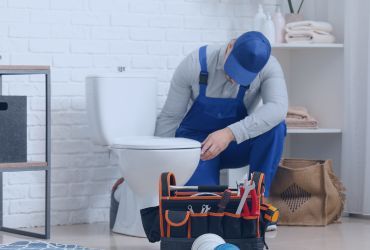
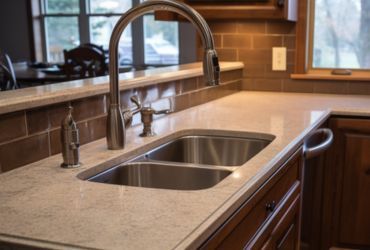

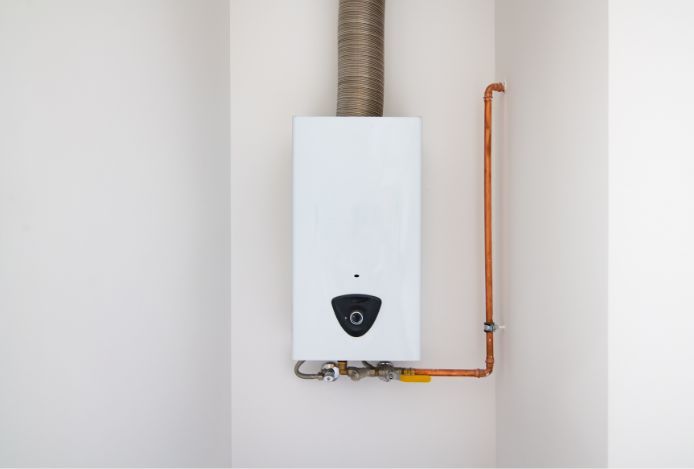
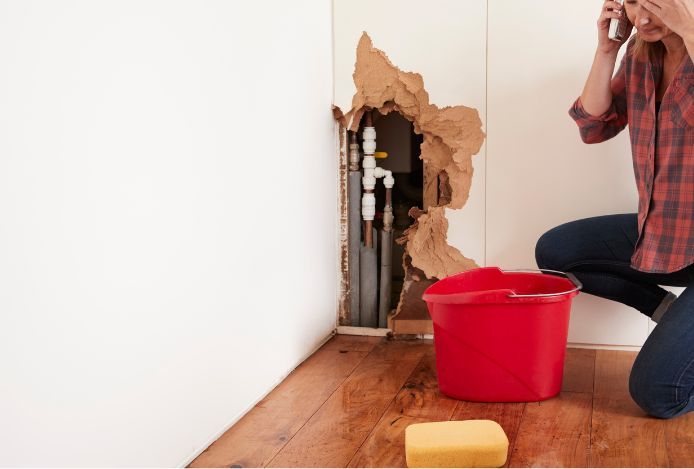
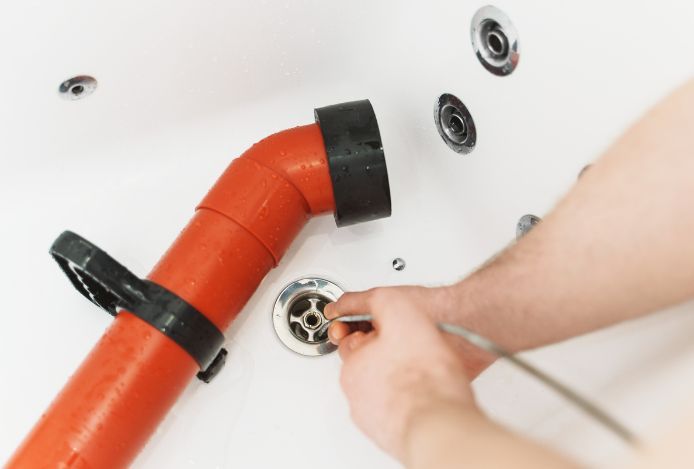
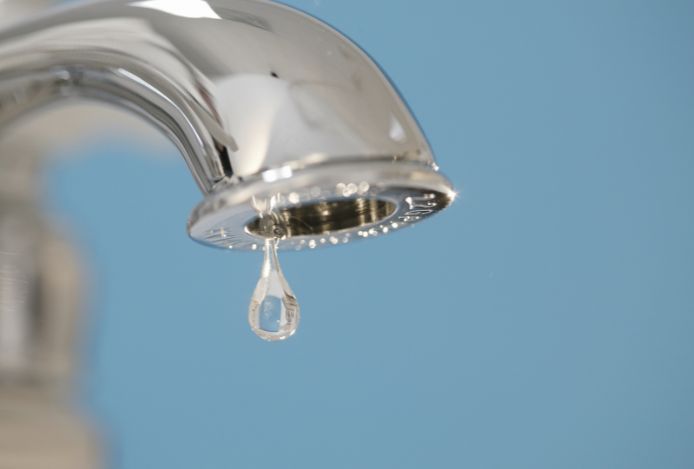
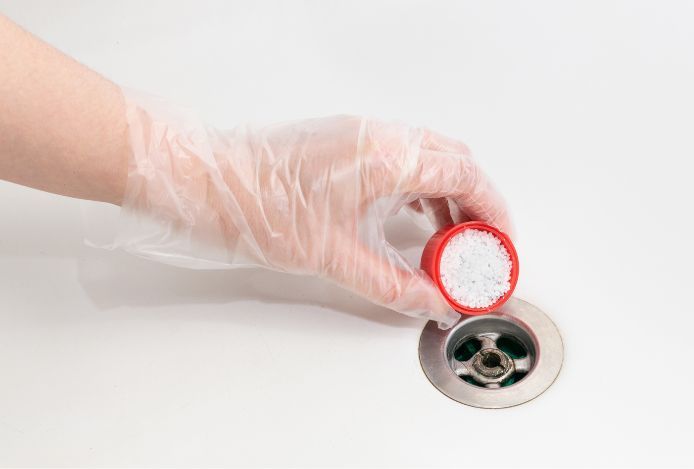
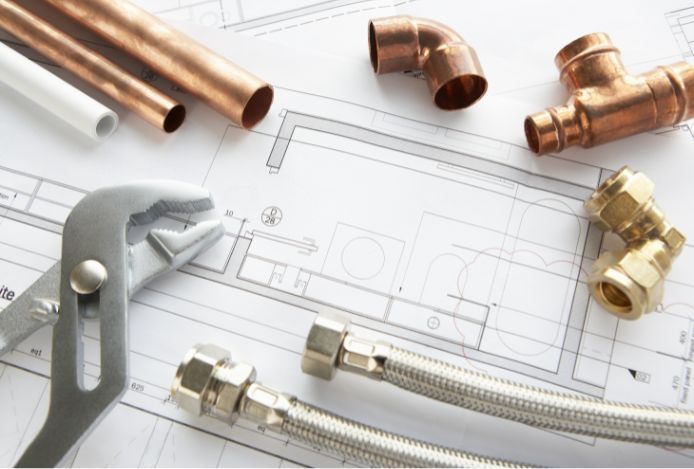

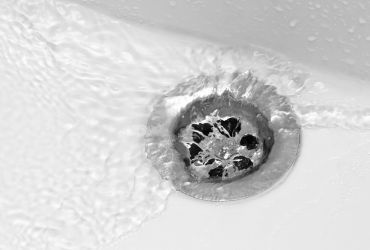
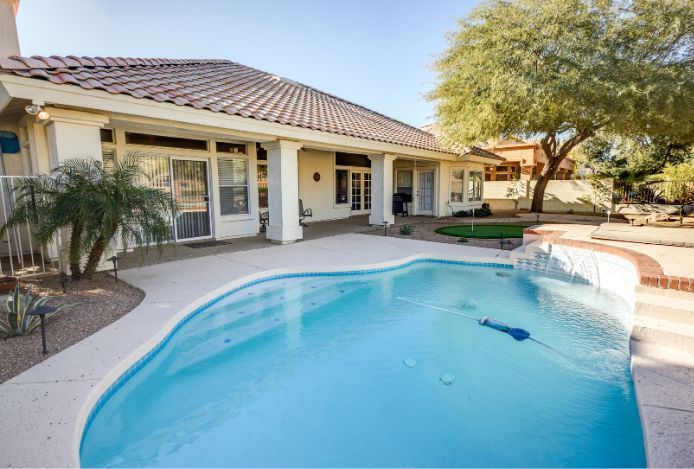
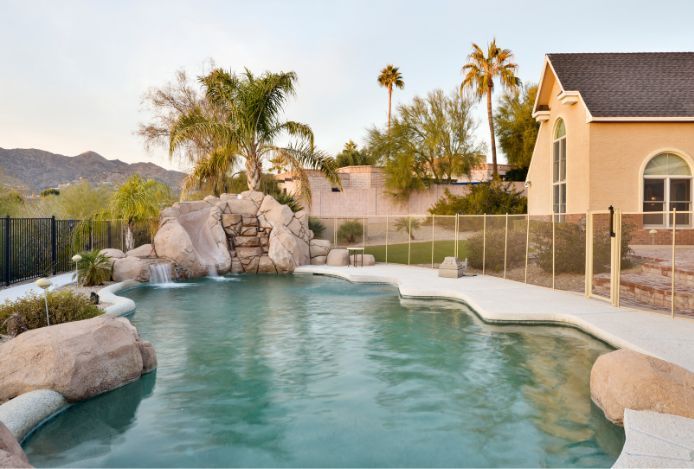
Leave a Reply